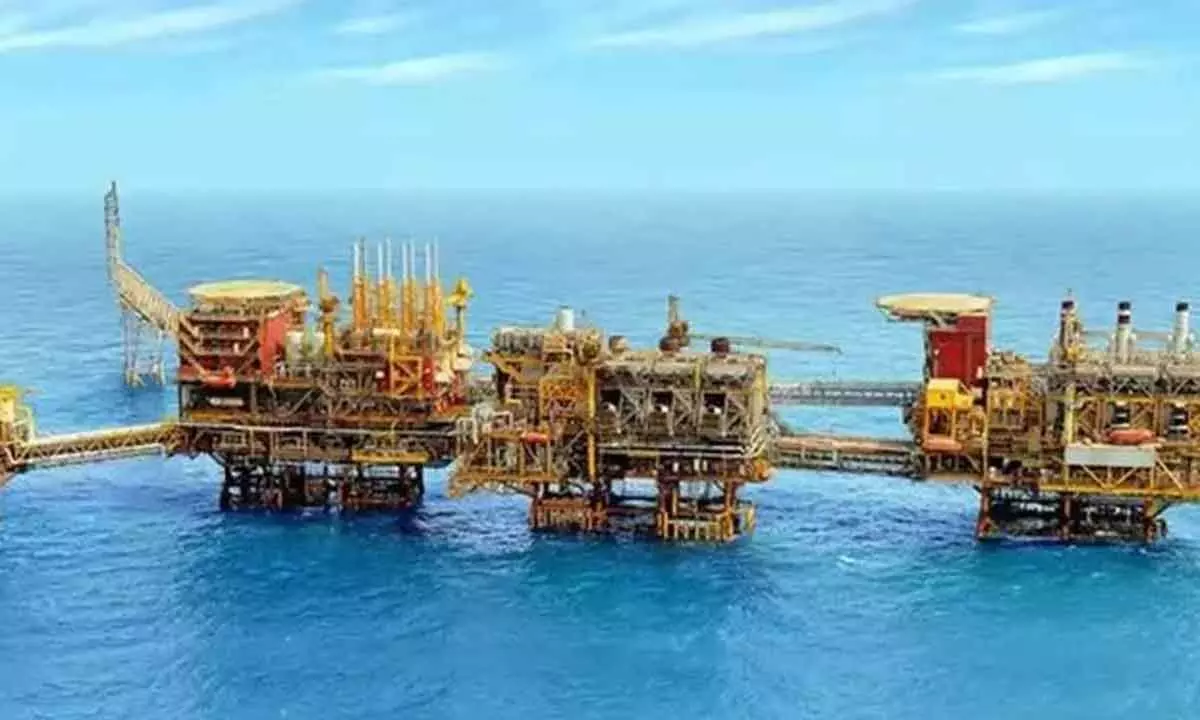ONGC seeks foreign partners for Mumbai High oilfield
on June 1 it floated an international tender seeking global technical services providers (TSP) with annual revenue of at least $75 bn
image for illustrative purpose

New Delhi: State-owned Oil and Natural Gas Corporation (ONGC) is seeking foreign partners to reverse declining output at its flagship Mumbai High fields, offering a share of revenue from incremental production plus a fixed fee but not any equity stake. ONGC on June 1 floated an international tender seeking global technical services providers (TSP) with annual revenue of at least $75 billion, according to the tender document. The TSP would have to do a comprehensive review of the field performance and identify improvements as well as implement suitable technological interventions and practices for improving production and recovery, it said. Bidders have been asked to quote quarterly incremental production they can enable over the 10-year contract period as well as the percentage share of the revenue they want from the sale of oil and gas produced over and above the baseline production.
Bids are due by September 15, 2024. The TSP, who would be selected on the basis of one offering the highest incremental production and the lowest revenue share, will also be paid a fixed service fee for its efforts, the document said. The Mumbai High field (previously Bombay High field) -- India's most prolific oil field -- lies some 160-kilometer in the Arabian Sea off the Mumbai coast. It was discovered in February 1974 and started production on May 21, 1976. The field hit a peak of 4,76,000 barrels of oil per day and 28 billion cubic meters of gas in 1989 and has since seen a gradual decline in output. It is currently producing 1,34,000 bpd of oil and 13 bcm (less then 10 million standard cubic meters per day) of gas -- accounting for almost 38 per cent of India's production and 14 per cent of consumption. ONGC believes the field still has a balance reserve of 80 million tonnes (610 million barrels) of oil and over 40 bcm of gas and hence needs partners who can help tap them. With the field seeing a steady decline in output, a stake sale had been considered on at least two occasions in recent years.

